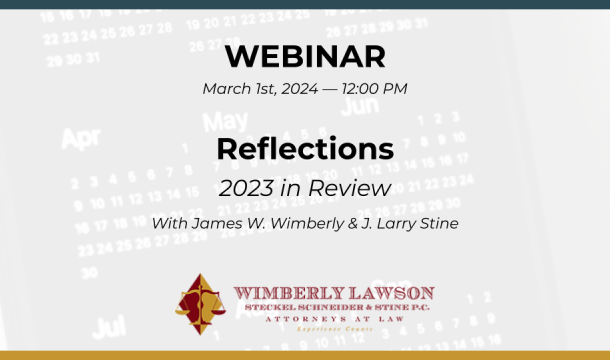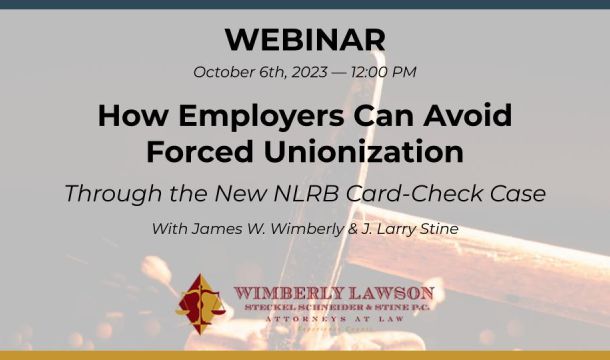Pros, Cons and Issues When Dealing With Electronic I-9 Software Providers
Should an employer adopt an electronic I-9 system? If so, how should an employer go about selecting an electronic I-9 software provider?
On the pro side, the perception is that an employer can reduce administrative burdens and costs, such as filing and retrieval time and storage costs. Moreover, in theory, the HR clerk could enter the information one time for payroll, HR and E-Verify purposes. In addition, many electronic I-9 software programs are marketed as fool-proof so that an employer can feel comfortable that the I-9 is fully completed. On the con side, the government likes electronic systems because the government can review I-9s more quickly and there are a lot of rules to follow. Also, the electronic I-9 systems are not fool proof. Some employers have made the mistake of relying on the software provider as the expert, and have learned the hard way that legal advice and guidance would have saved them a lot of time and money.
For example, Abercrombie & Fitch learned that its electronic I-9 system must comply with federal regulations when it had to pay more than $1 million to settle ICE fines because its electronic I-9 system did not satisfy federal employment eligibility verification and recordkeeping requirements.
In addition, the federal government filed a complaint against Rose Acre Farms in 2012 alleging discrimination because the electronic I-9 system did not allow non-U.S. citizens to present List B and C documents, but did allow U.S. citizens to present List B and C documents. The litigation of that case continues.
Wimberly & Lawson is active in the American Immigration Lawyers Association (AILA). AILA has published a 15-page article entitled: "Advising Clients on the Selection of an Electronic I-9 Software Provider," which we can provide to employers who have, or who are considering, electronic I-9 systems. Attorneys at Wimberly & Lawson are available to guide employers through the process, including providing information on “due diligence” items in selecting, and monitoring the performance of, electronic I-9 software providers.
For questions or additional information call Jim Hughes, James W. Wimberly, Jr. or Ray Perez, or any other attorney at (404) 365-0900 or at jlh@wimlaw.com, jww@wimlaw.com or rp@wimlaw.com.
Related Content
Get Email Updates
Recent Content

Judge Invalidates Joint Employer Rule, and Independent Contractor Rule Takes Effect

The Importance of Fairness in Employment to the Law and to Job Satisfaction

Major Employers Challenge Constitutionality of Labor Act

Starbucks' Big Change in Labor Policies

Judge Orders Survey Data to Be Revealed from Employer EEO-1 Reports




